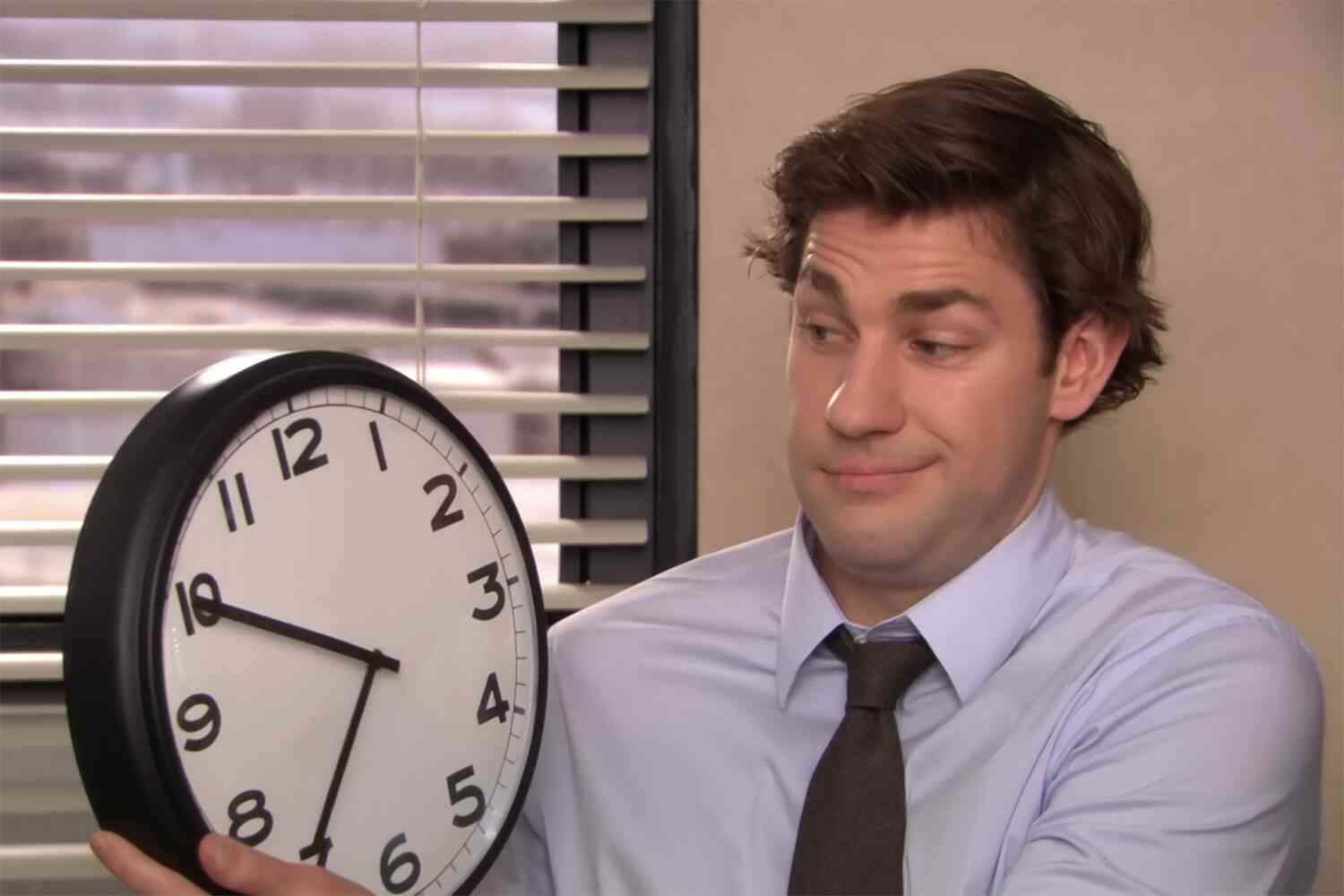More times than not, when people find out I'm a high school teacher, they shower pity upon me with comments like, "I don't know how you do it – I couldn't deal with the attitudes of 17-year-olds every day."
I'm always amused by the remark and answer back with the truth: "I figure my option is either that or going into the adult workforce and dealing with the attitudes of adults who act like 17-year-olds every day."
That principle seems ever-present these days as the advent of social media has allowed supposedly mature, adult human beings to regress into adolescence as they jeer, taunt, deride, and otherwise bully other supposedly mature, adult human beings on nearly every issue under the sun.
If you think I'm exaggerating, consider that one of the most frequent online discussion topics among those socially, culturally, politically engaged is masculinity. One group derides toxic masculinity, while the other extols its virtues. The extoling group then derides "soy boy" effeminate men, while the first group suggests they are sensitive and woke.
Kristin Kobes Du Mez writes a book about the influence "manly-types" like John Wayne had on the evangelical understanding of masculinity, and others cite the abusive behavior of mega-ministers like Mark Driscoll as proof of her thesis. Others critique her work as throwing the baby out with the bathwater, and as undermining a complementarian relationship between men and women as described in God's creation order.
In the latest contribution to the schoolyard tussle, the Federalist's John Daniel Davidson writes a piece to define and defend manliness. To be sure, defining what "manliness" actually entails is crucial if our public dialogue over the issue is to have any meaning. If masculinity is Mark Driscoll, it's easy to reject; if it's a loving husband defending his wife and children from an armed intruder, that's something entirely different. With Satan's help, we've perfected the art of talking past one another after all.
The problem is that Davidson's piece quickly derailed into a decidedly unproductive political track, targeting commentator David French for being unmanly. To Davidson, French epitomizes unmanliness because he targets "weak" conservative families for opposing CRT. He writes,
I single out French because he has lately weighed in on this matter, intentionally misrepresenting the right's defense of manliness as a "dangerous cult of toughness" focused on Donald Trump and the most shallow stereotypes of manliness imaginable.
Davidson rebukes French's characterization of Trump, and agrees with the conclusion that "Trump's manliness is that of a man who is not afraid to say out loud what others only whisper and to incur the wrath of the ruling class for doing so."
Unsurprisingly, French responded to the slight indignantly, and his allies pointed out the irony of calling a man who volunteered to serve his country in the military less manly than a former president who didn't. And round and round we go.
Once again, I feel like a total outsider. Not an outsider thinking he has the key to some "third way," but an outsider who thinks this bickering and back-biting is distracting us from the singular, only way to understanding a term like manliness that doesn't involve our own preferences and prejudices.
Who, after all, can say what a man should be? Why is my opinion on positive male traits any better than yours? In truth, the only objective way of measuring a man is by the standard established by his Creator. That standard has little to do with the petty snark we so often direct at fellow image-bearers.
Mirroring the life of Jesus, following the leadership of the Holy Spirit, molding our personality traits to effective use in building the Kingdom of God, taking captive every thought and making it obedient to Christ – these are the things that God requires of man.
In Christ we see things to reject: passivity, idolatry, and abuse. In Him we find things to embrace and imitate: sacrificial responsibility, submission to accountability and authority, and observable fruits of love, joy, peace, patience, kindness, goodness, faithfulness, gentleness, and self-control.
In terms of a man's complicated but divinely-designed relationship with a woman, a proper recognition that ideas of "headship" and "leadership" are antithetical to the concepts of domination, superiority, or exploitation liberates man's mind from his own arrogance and self-absorption.
The Creator counsels that a spirit of contrite repentance must permeate man to the point he recognizes that the greatest threat to those he cares about most are the sin and rebellion lurking in his own soul – not in others. One who spends more time attempting to slay the monsters "out there" that he has convinced himself threaten his wife or his society, rather than time spent slaying the monster inside himself, simply doesn't get it.
This man remains enslaved to some mythical or culturally-preferred concepts of a man's duties that far too often bear no resemblance to divine reality. The consequences are easy to predict, and sadly, even easier to observe these days.
Disclaimer: The opinions expressed in this article are those of the author and do not necessarily reflect the opinions of Not the Bee or any of its affiliates.









